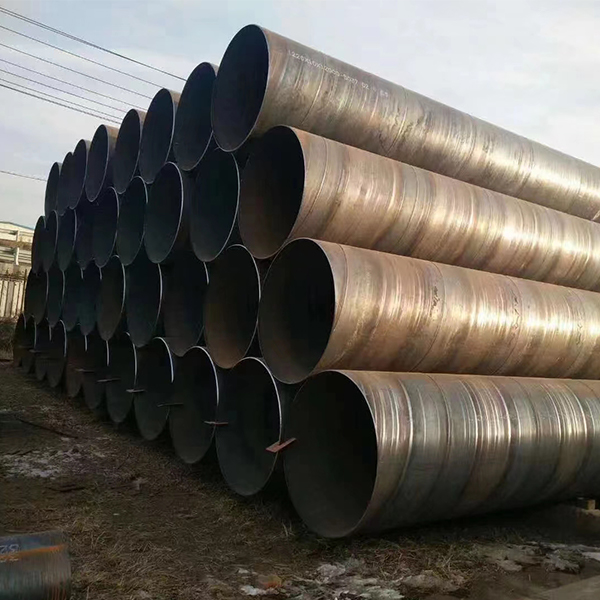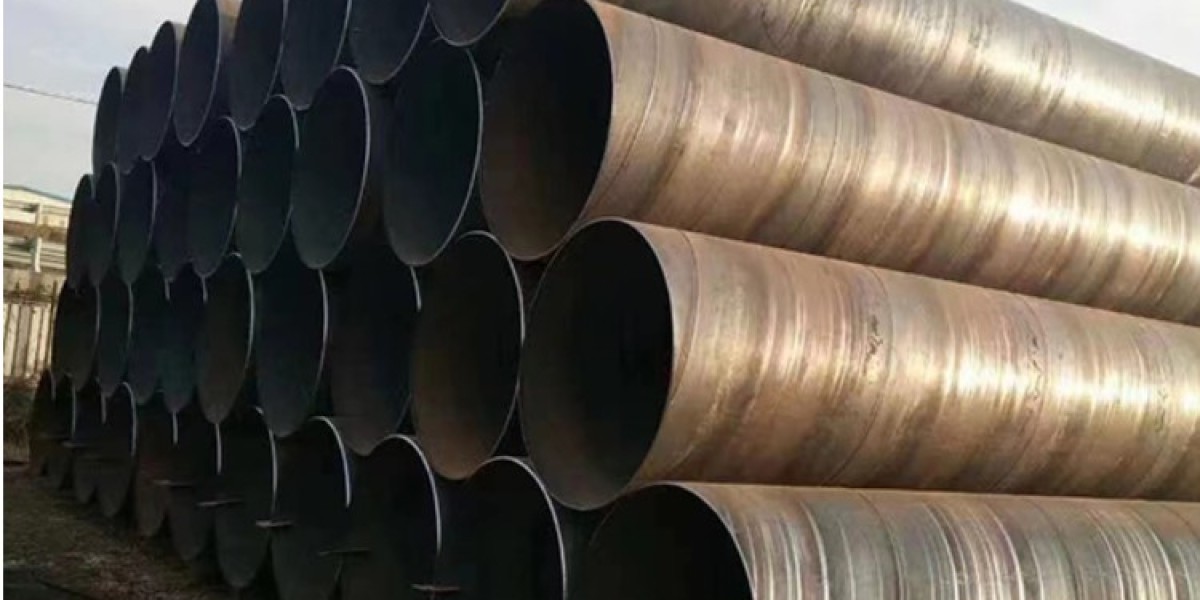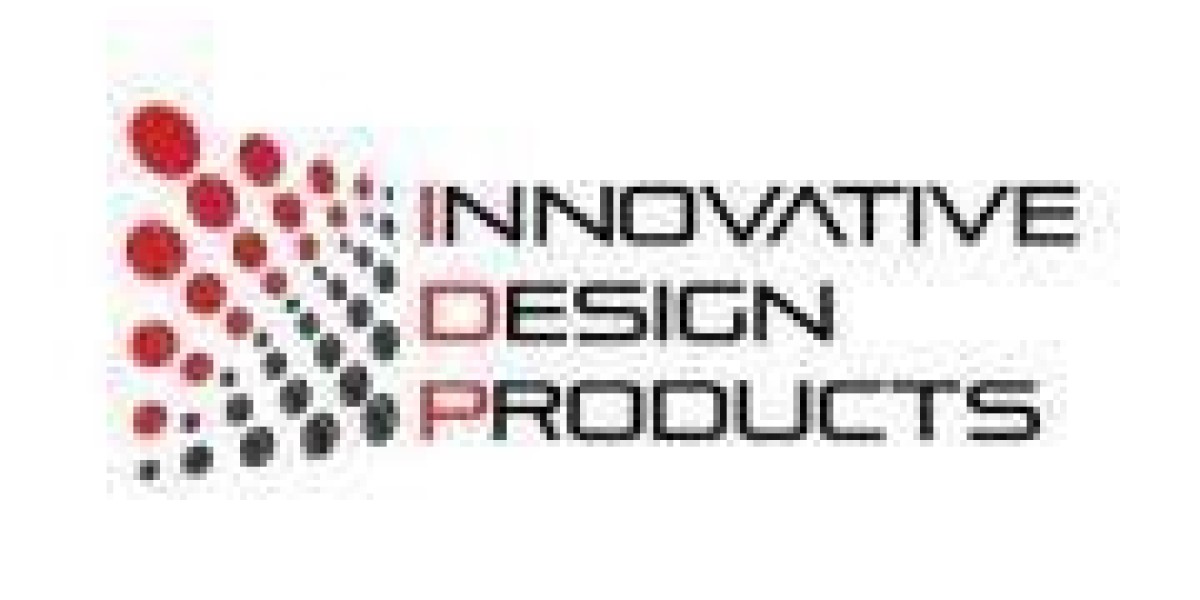
Bulk purchasing of spiral welded steel pipes unlocks significant cost advantages through economies of scale, strategic supplier relationships, and optimized logistics. For large infrastructure projects requiring thousands of metric tons of piping, understanding how to leverage volume purchasing can reduce overall project costs by 15-25% while ensuring consistent quality across shipments.
The foundation of bulk pricing advantages lies in production efficiency. Manufacturers can amortize fixed costs—including machine setup, tooling calibration, and quality control systems—across larger order quantities, reducing per-unit expenses. Continuous production runs for bulk orders minimize material waste from frequent product changeovers, particularly beneficial for projects requiring uniform specifications. Some suppliers offer tiered pricing models where per-ton costs decrease progressively as order volumes cross predefined thresholds (e.g., 500 tons, 1,000 tons).
Material procurement strategies further enhance bulk order competitiveness. Mills often provide volume discounts on steel coils for large pipe production contracts, savings that responsible manufacturers pass on to customers. Coordinated purchasing of ancillary materials like welding wire and coatings in bulk quantities contributes to additional cost reductions. For international projects, consolidated shipping of full vessel loads (FCL) rather than less-than-container loads (LCL) can slash logistics expenses by 30-40%, particularly when combining multiple diameter sizes in single shipments.
Long-term partnership agreements yield sustained pricing benefits. Projects requiring phased deliveries over months or years enable manufacturers to plan production schedules efficiently, minimizing overtime costs and material price hedging expenses. Some buyers negotiate price-lock agreements tied to raw material indices, protecting against market fluctuations while maintaining budget certainty.
Quality assurance in bulk orders receives special attention through statistical process control (SPC) methods. Rather than inspecting every pipe, manufacturers employ batch testing protocols that maintain quality standards while reducing inspection overheads—a cost-saving measure reflected in competitive pricing. Advanced producers utilize predictive analytics to optimize raw material utilization rates, achieving near-zero scrap percentages in large orders.
For buyers, the key to maximizing bulk order value lies in precise specification planning. Standardizing pipe dimensions, coating types, and testing requirements across project phases avoids costly customizations while maintaining technical suitability. Early collaboration with manufacturers during design stages can identify cost-saving opportunities through minor specification adjustments that don’t compromise performance.
These strategic approaches to bulk procurement ensure spiral welded steel pipe projects achieve both economic efficiency and technical excellence, particularly crucial for mega-projects in energy transmission, water management, and industrial infrastructure development.








